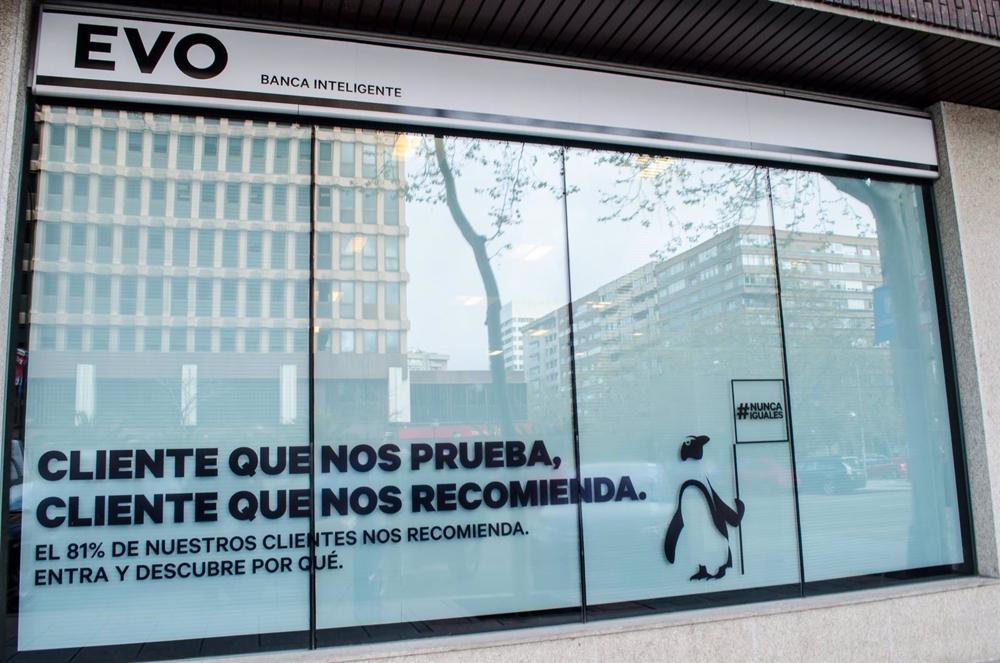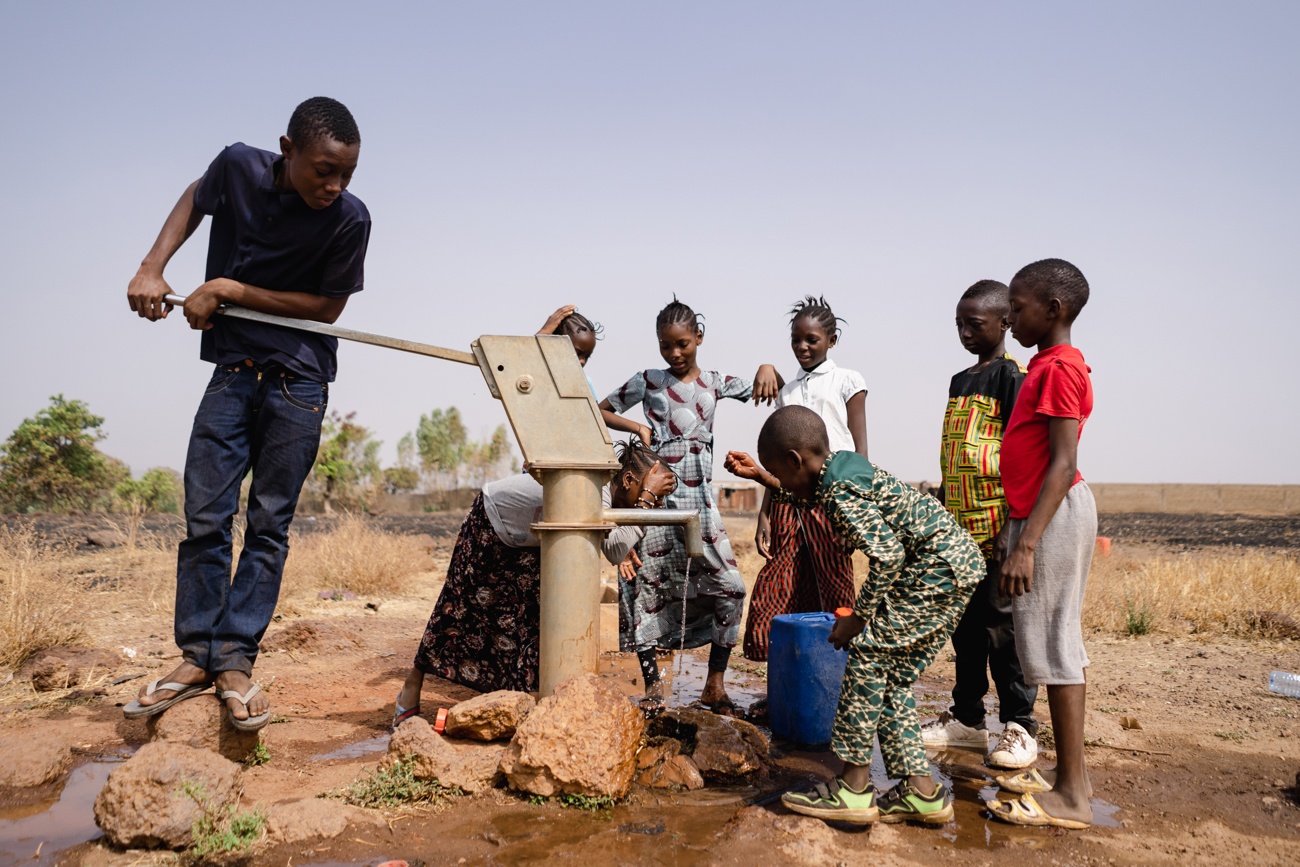
Ensuring access to water
The World Health Organization (WHO) and the United Nations Children’s Fund (UNICEF) have called on countries, on the occasion of the United Nations Conference on Water, the first in nearly 50 years, to ensure access to safe drinking water and sanitation to everyone. Source: (EUROPA PRESS)
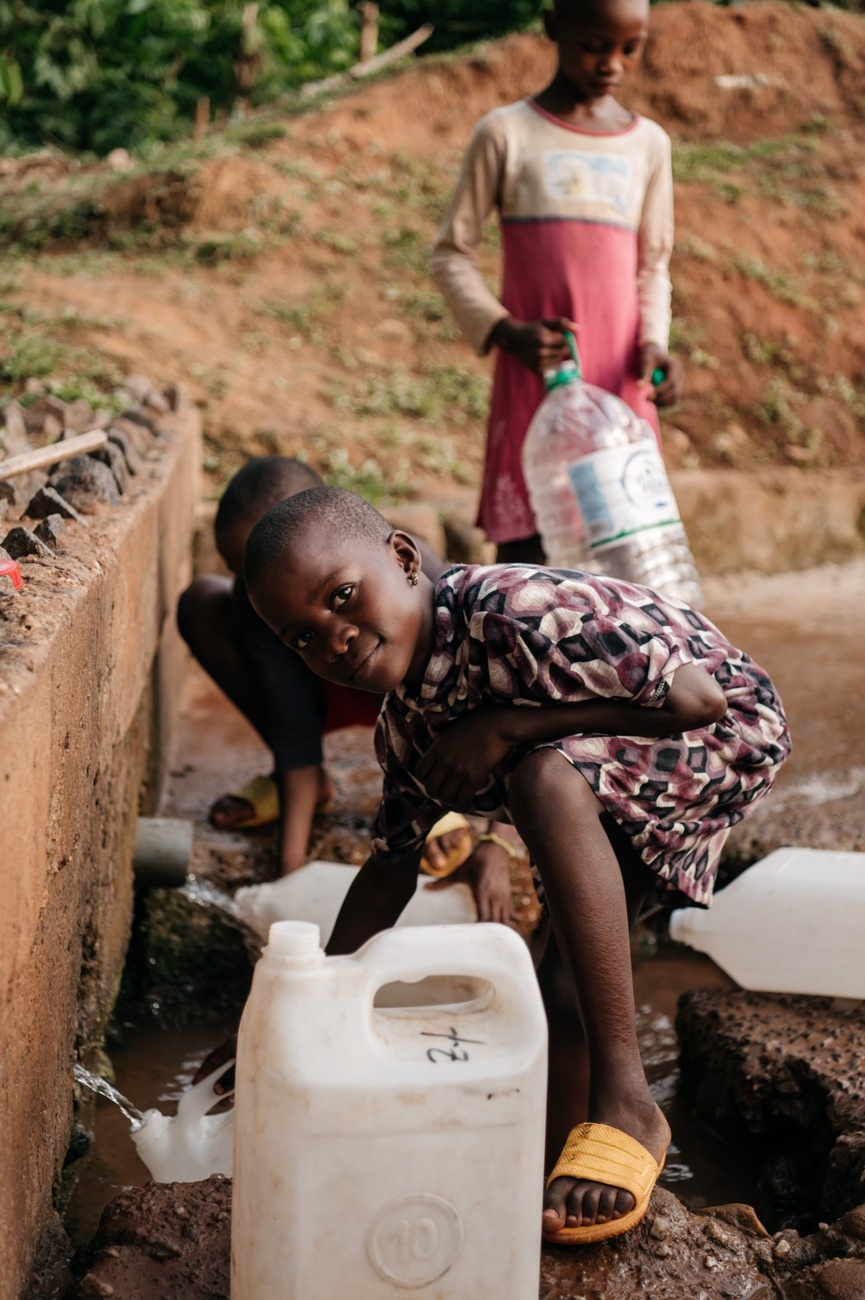
2 billion people lack access to safe drinking water
Two billion people lack safe drinking water and 3.6 billion people (almost half of the world’s population) use sanitation services that do not treat human waste. In addition, millions of families do not even have soap to wash their hands.
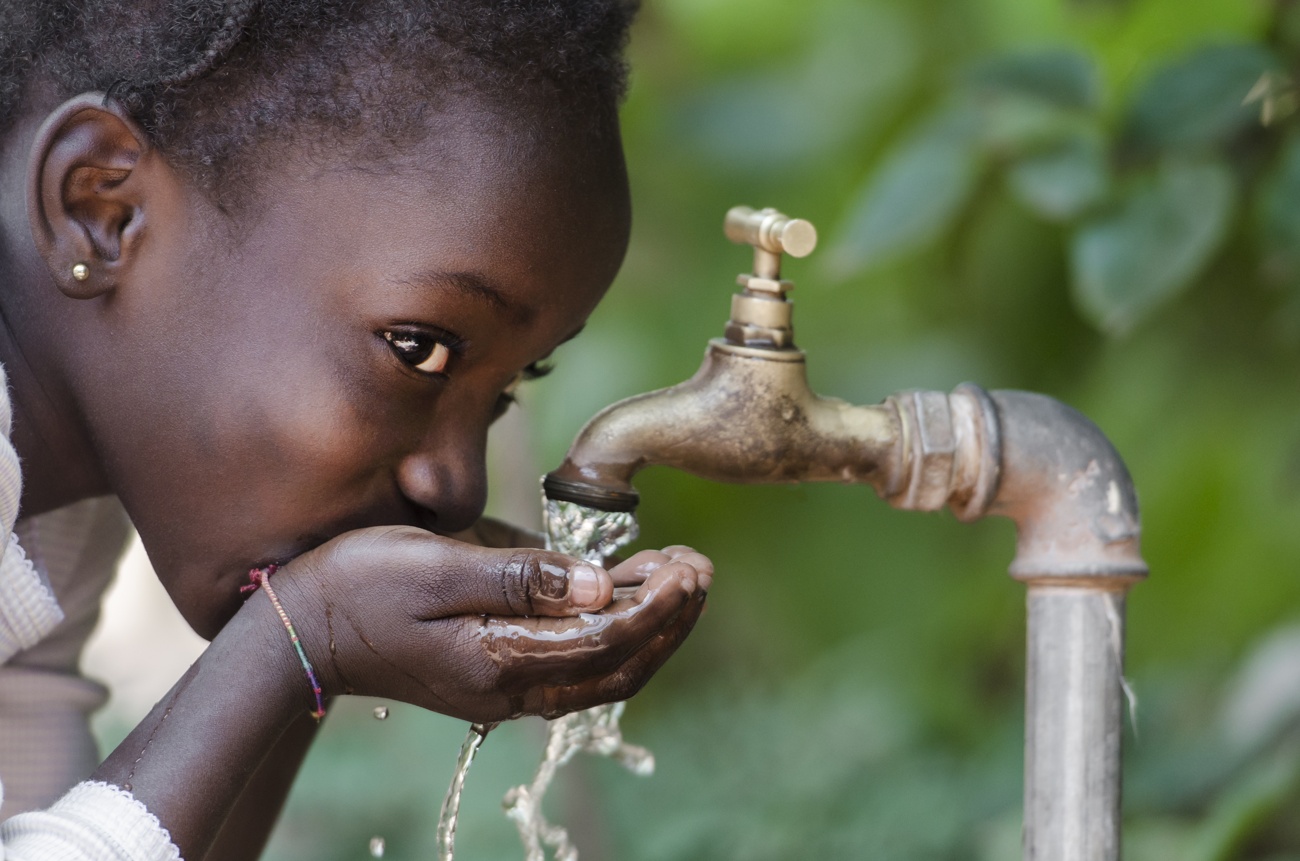
Lethal consequences
All this has «deadly» consequences, as the organizations have warned, recalling that each year at least 1.4 million people, many of them children, die from causes related to unsafe water and poor sanitation.
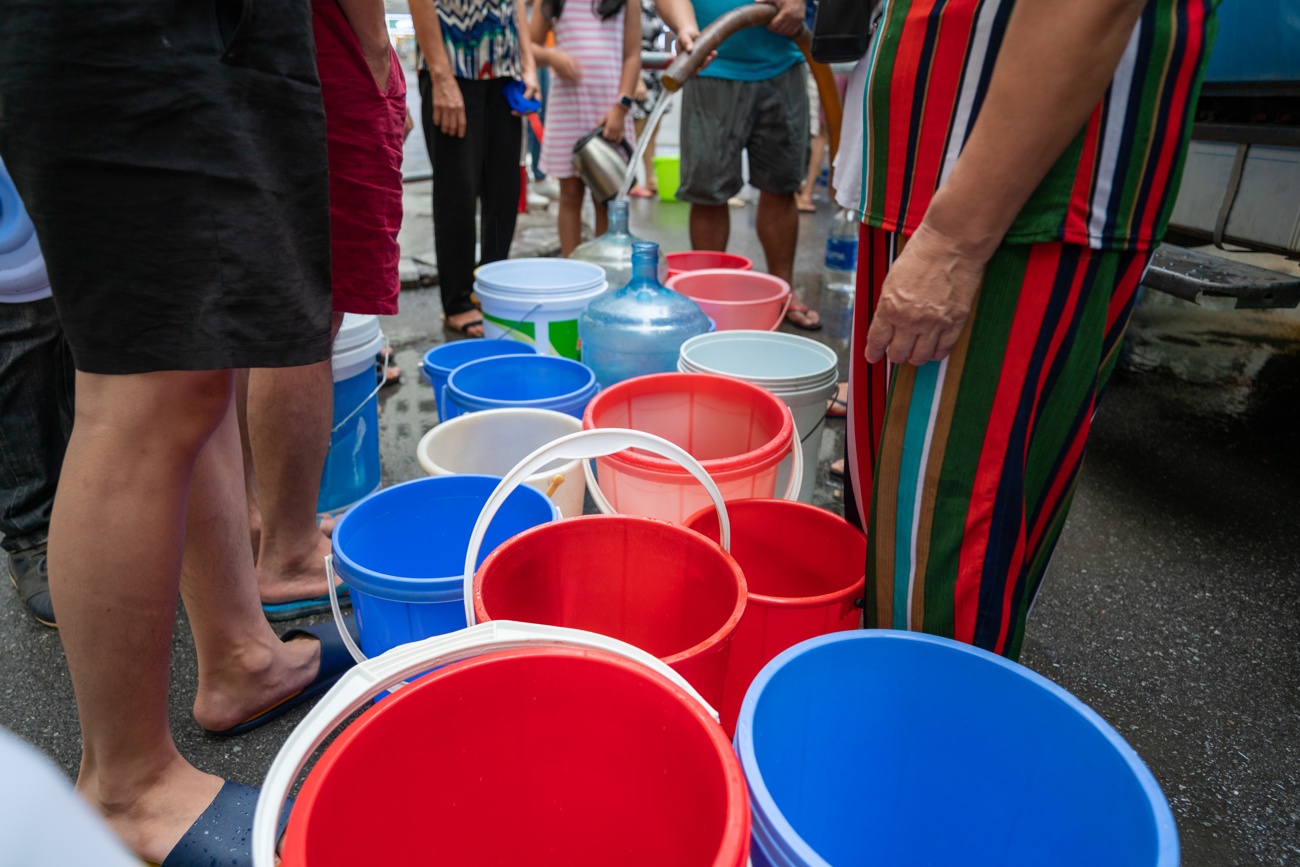
Inadequate hygiene
At the same time, WHO and UNICEF have reported that half of all health facilities, where proper hygiene practices are especially critical, lack soap and water or alcohol-based hand sanitizer solution.
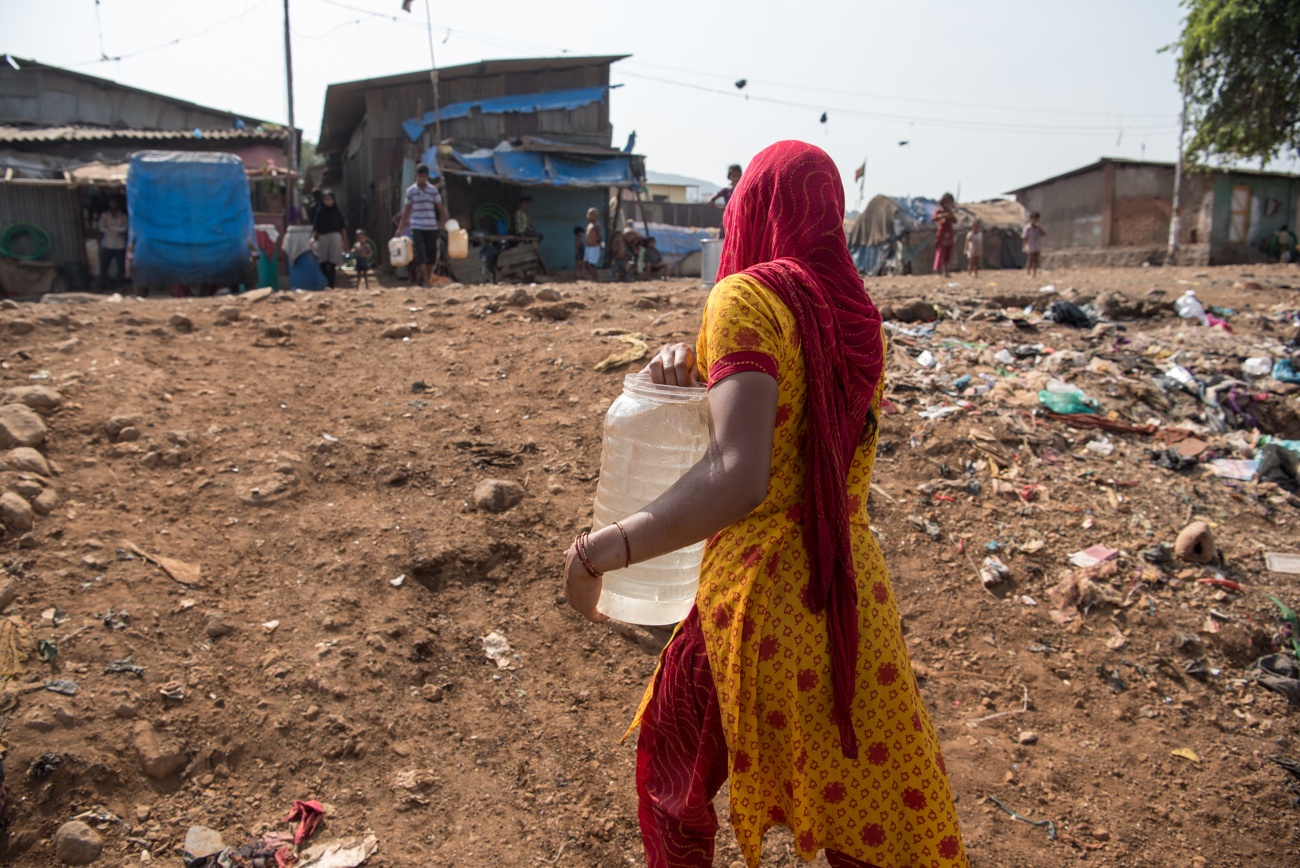
Social and economic consequences
«The social and economic consequences of inadequate water and sanitation services are also devastating. Without these critical services, people get sick, children do not learn, especially girls, and entire communities can be displaced by water shortages,» they have stressed.
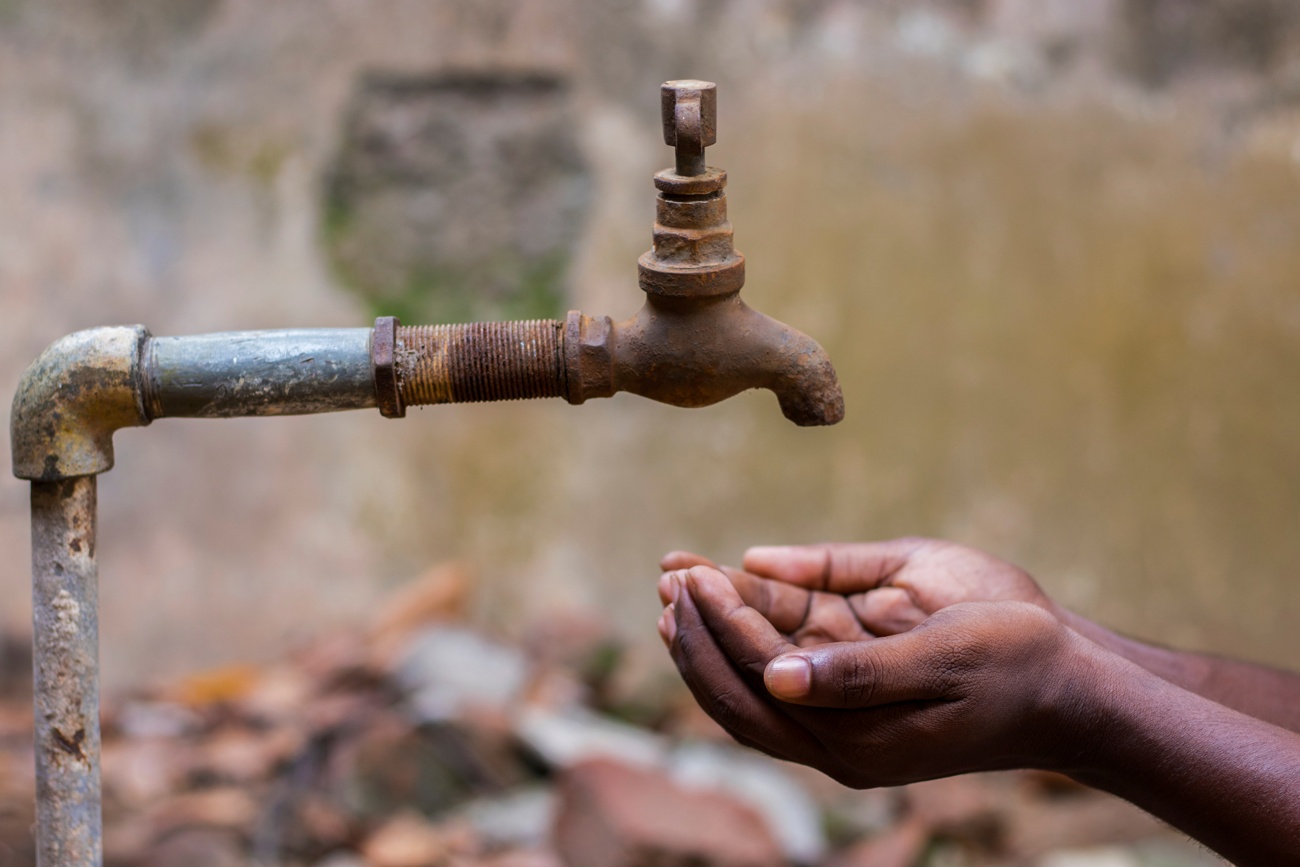
Healthy development
Access to safe water and sanitation is «key» to the healthy development of children and to maintaining well-being in adulthood. They also provide a pathway to broader social and economic progress by supporting community health and productivity.
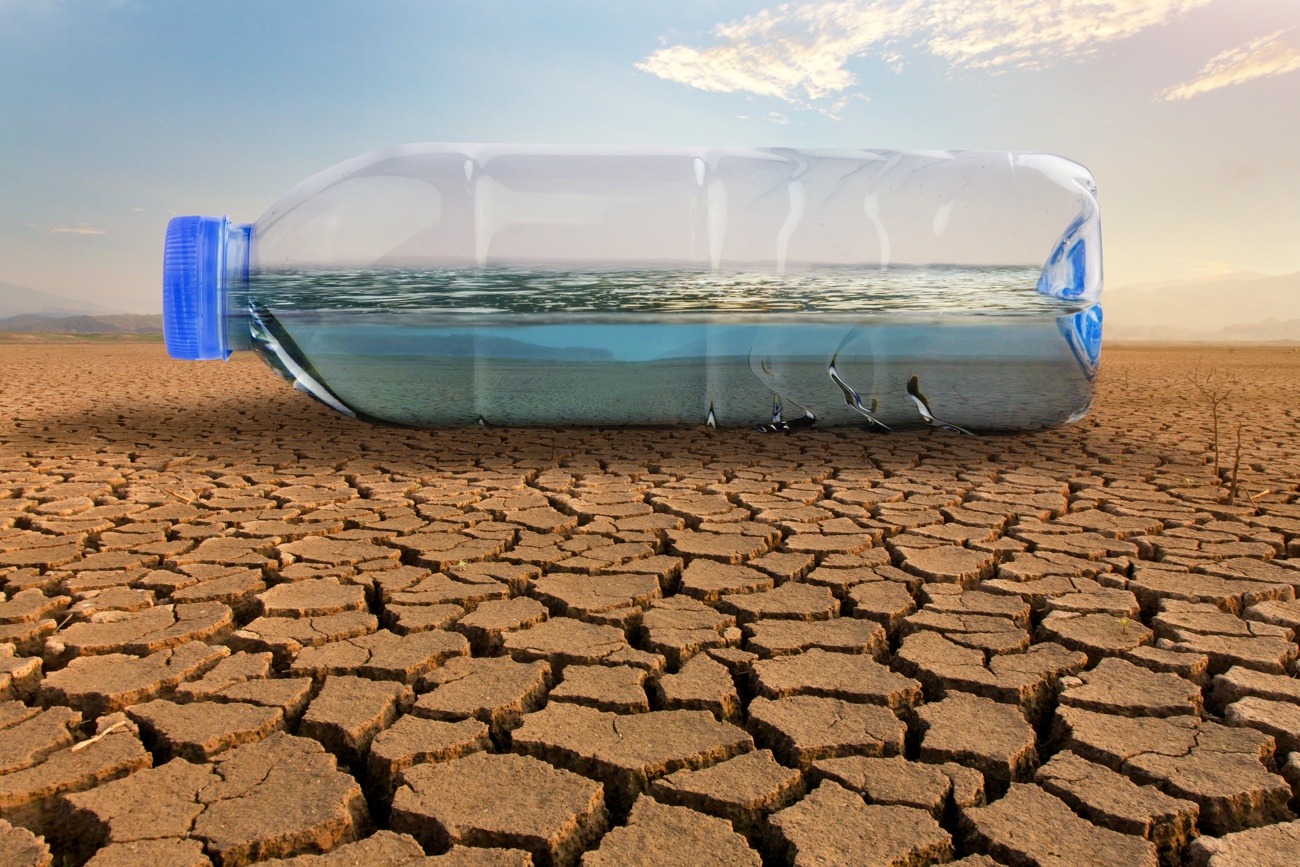
Quadrupling progress rates
«Everyone has the right to safe drinking water, adequate sanitation and hygiene, but many lack them. Collectively, the world needs to at least quadruple current rates of progress to achieve universal access to these safely managed services by 2030,» they say.
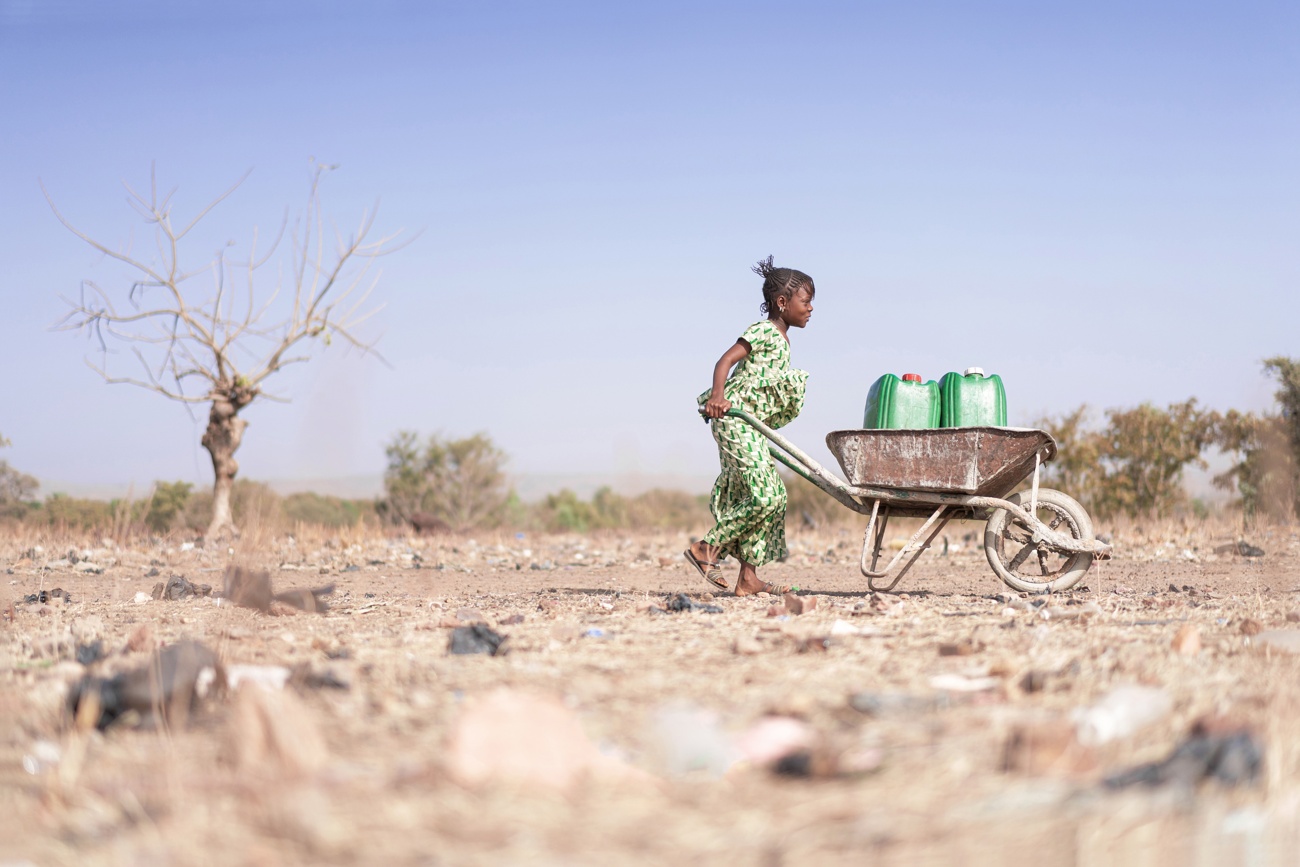
Viable solutions
«Progress must be even faster in fragile contexts and in the poorest countries to protect people’s health and future. Fortunately, we have viable solutions and a historic opportunity to turn them into action,» they said.
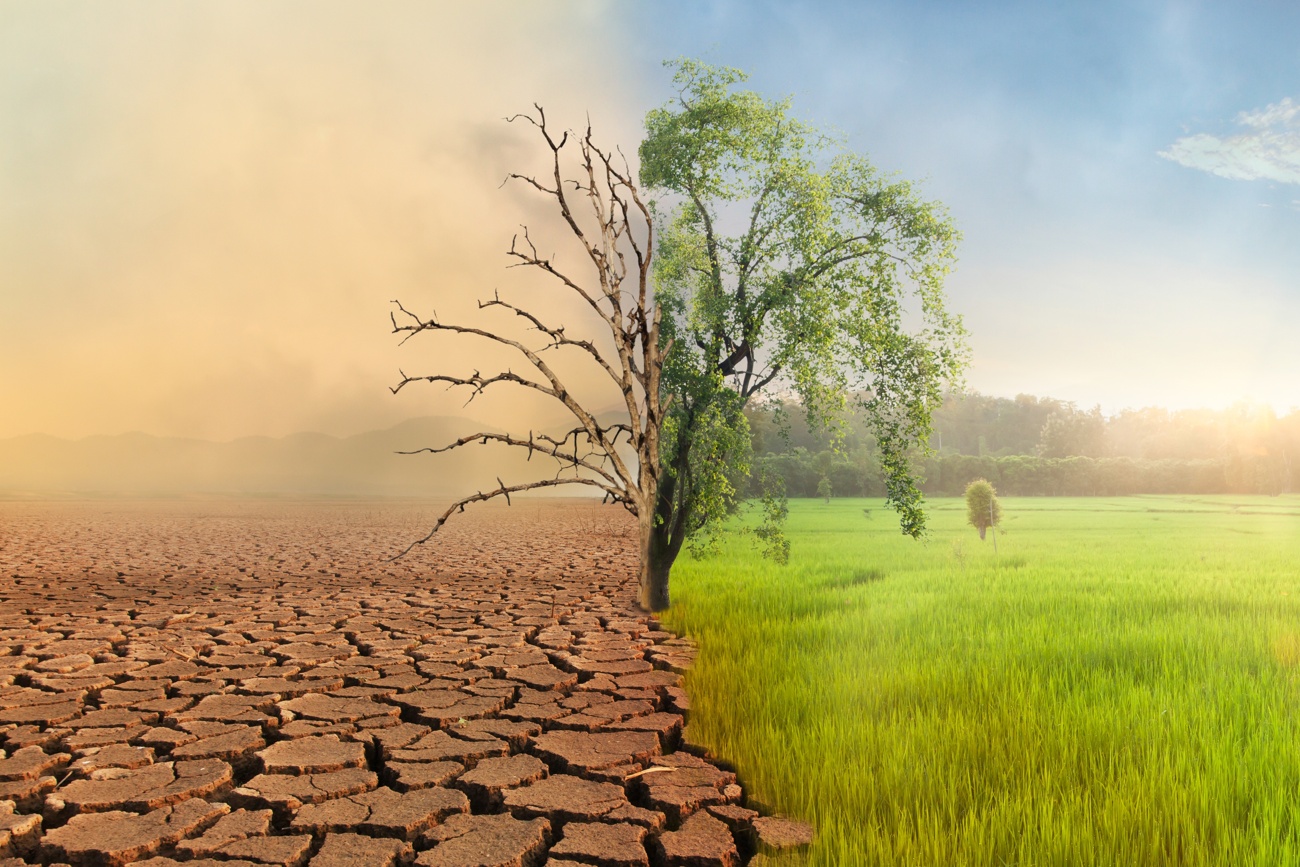
Political commitment to drinking water
The organizations have therefore urged governments to develop a plan to increase political commitment to drinking water, sanitation and hygiene; and to create a strategy to strengthen the governance and institutions required to deliver these services, for example, by establishing autonomous regulatory agencies that enforce health-based standards and regularly publish findings.
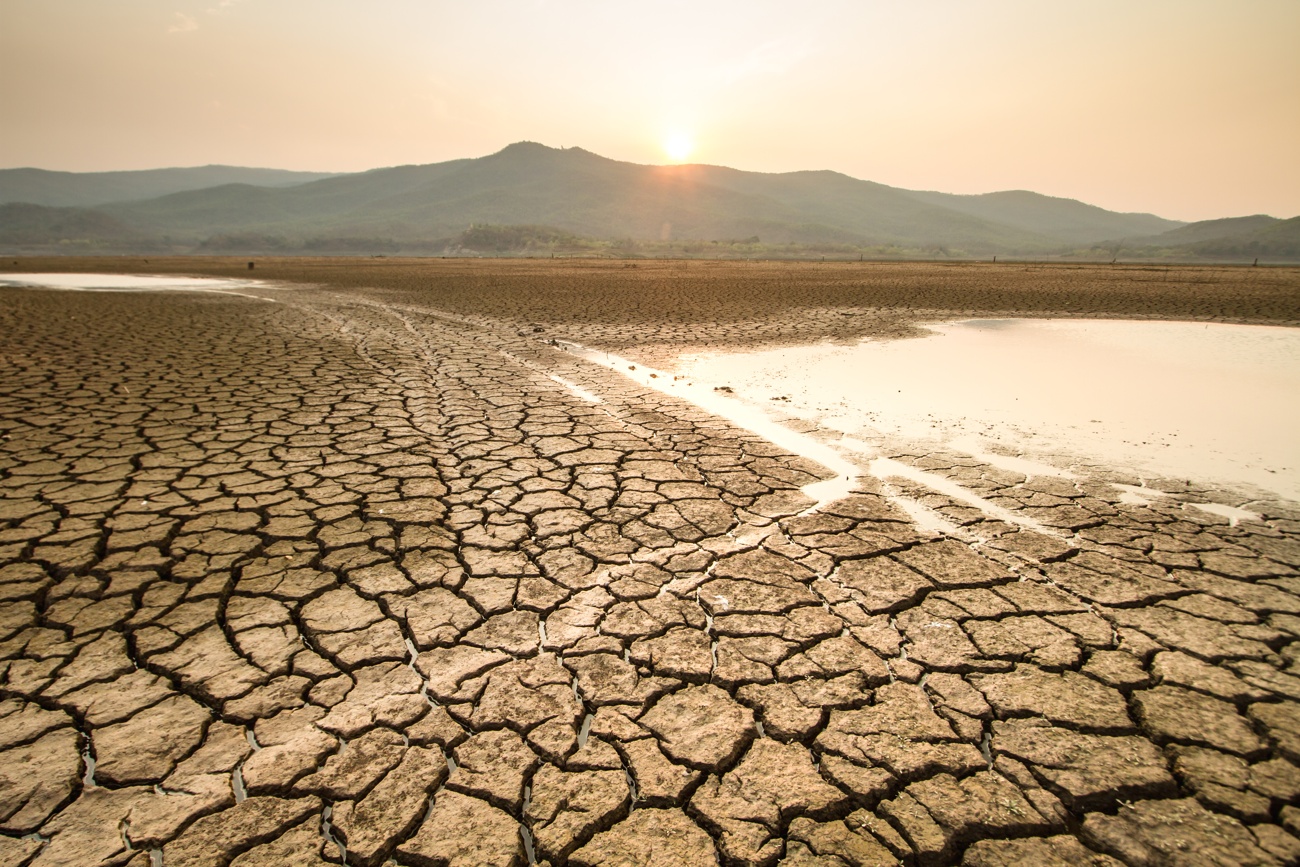
Financing these services
They have also stressed the importance of developing clear policy objectives to guide funding and financing decisions for these services; ensuring budgeted funding and financing strategies that take into account the needs of different regions and population groups.
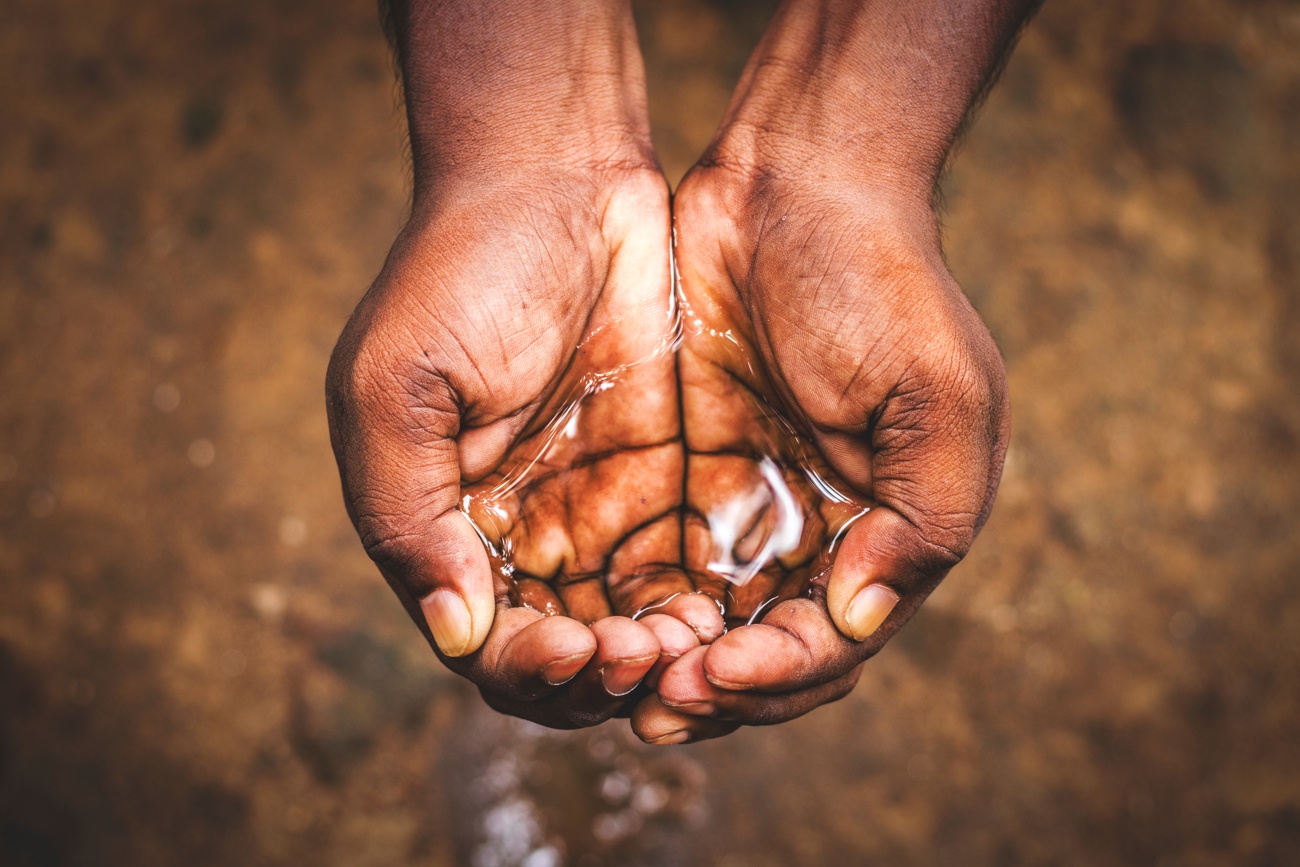
Its value as a public good
And increase public spending on these services to recognize their value as a public good; and encourage providers to improve performance to satisfy users and recover costs, for example, by reducing service interruptions, water losses, and improving tariff structures and collection efficiency.


